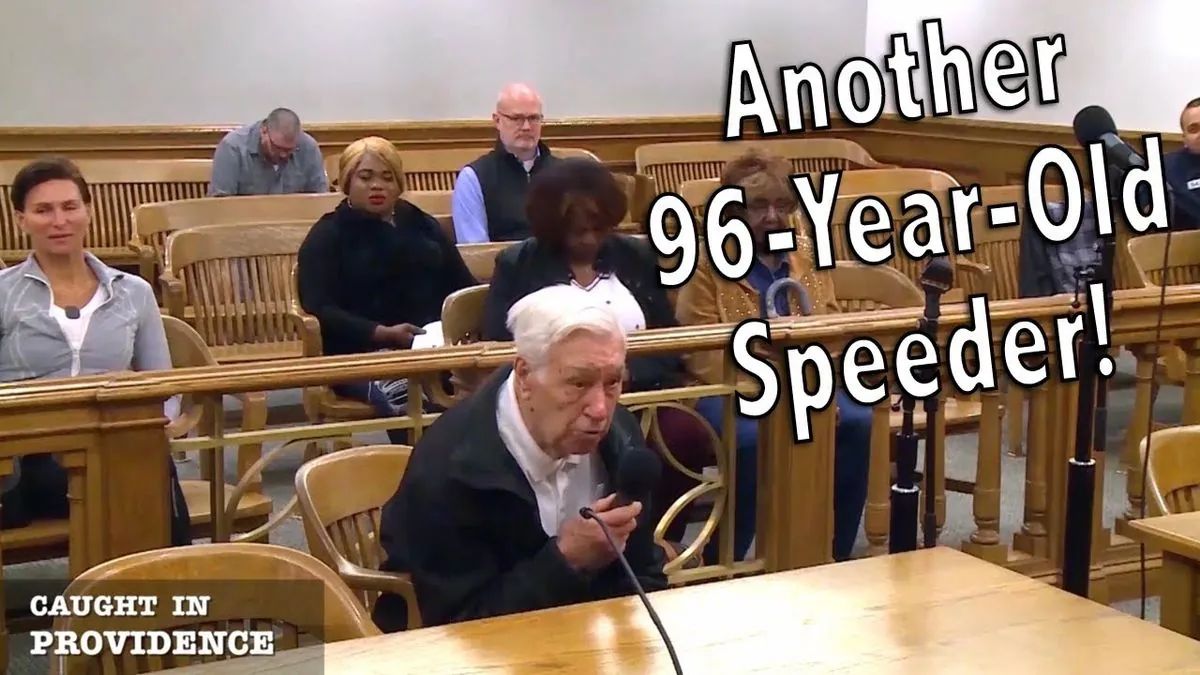In a Moscow courtroom, Stephen James Hubbard, a 72-year-old U.S. citizen, has admitted to charges of mercenary activity. The septuagenarian acknowledged receiving financial compensation for participating in the conflict on Ukraine's side against Russia, as reported by the RIA state news agency.
Hubbard's case brings attention to the complex issue of foreign fighters in the ongoing conflict between Russia and Ukraine, which began over two and a half years ago with Russia's annexation of Crimea in 2014. The elderly American now faces a potential sentence ranging from seven to 15 years if convicted, highlighting the severe consequences for those accused of mercenary activities under Russian law.
According to the prosecution, Hubbard allegedly entered into a contract with a Ukrainian territorial defense unit in Izyum, a city in eastern Ukraine, at the onset of the full-scale invasion in February 2022. The prosecutor stated that Hubbard was promised a monthly payment of $1,000 and was provided with training, weapons, and ammunition. Russian forces reportedly detained him on April 2, 2022.
The case raises questions about the motivations and circumstances that led an elderly American to allegedly engage in combat activities. Hubbard's background as an English teacher, having worked in countries such as Japan and Cyprus, contrasts sharply with the image of a mercenary. These nations, known for their demand for English instructors, have strict regulations regarding foreign workers, much like the situation Hubbard now faces in Russia.
Patricia Fox, Hubbard's sister, vehemently denies the mercenary allegations. She describes her brother as a pacifist with no interest in warfare, emphasizing his non-military nature. Fox's account paints a picture of a man who moved to Ukraine in 2014, living off a modest pension, which is typically much lower than those in the United States.
"He is so non-military. He never had a gun, owned a gun, done any of that...He's more of a pacifist."
The U.S. embassy in Moscow, operating with reduced staff since 2021, has acknowledged awareness of an American citizen's detention but declined further comment. This case underscores the challenges faced by U.S. diplomatic missions in providing consular services to citizens detained abroad, especially in countries with strained relations.
Hubbard's situation is part of a broader context involving at least 10 Americans currently incarcerated in Russia. This comes in the wake of a significant prisoner exchange between Russia and Western countries on August 1, 2024, which resulted in the release of three Americans and numerous others.
The case brings to light several international legal and diplomatic issues. The Geneva Conventions provide a specific definition for mercenaries under international law, and countries have the right to prosecute foreign fighters. However, the complexities of the Russian legal system, which operates under civil law unlike the U.S. common law system, add another layer of intricacy to Hubbard's case.
As this legal drama unfolds, it serves as a stark reminder of the U.S. government's consistent advice against citizens traveling to conflict zones. The situation also highlights the ongoing tensions between Russia and the West, with cases like Hubbard's often becoming focal points in the broader geopolitical landscape.
